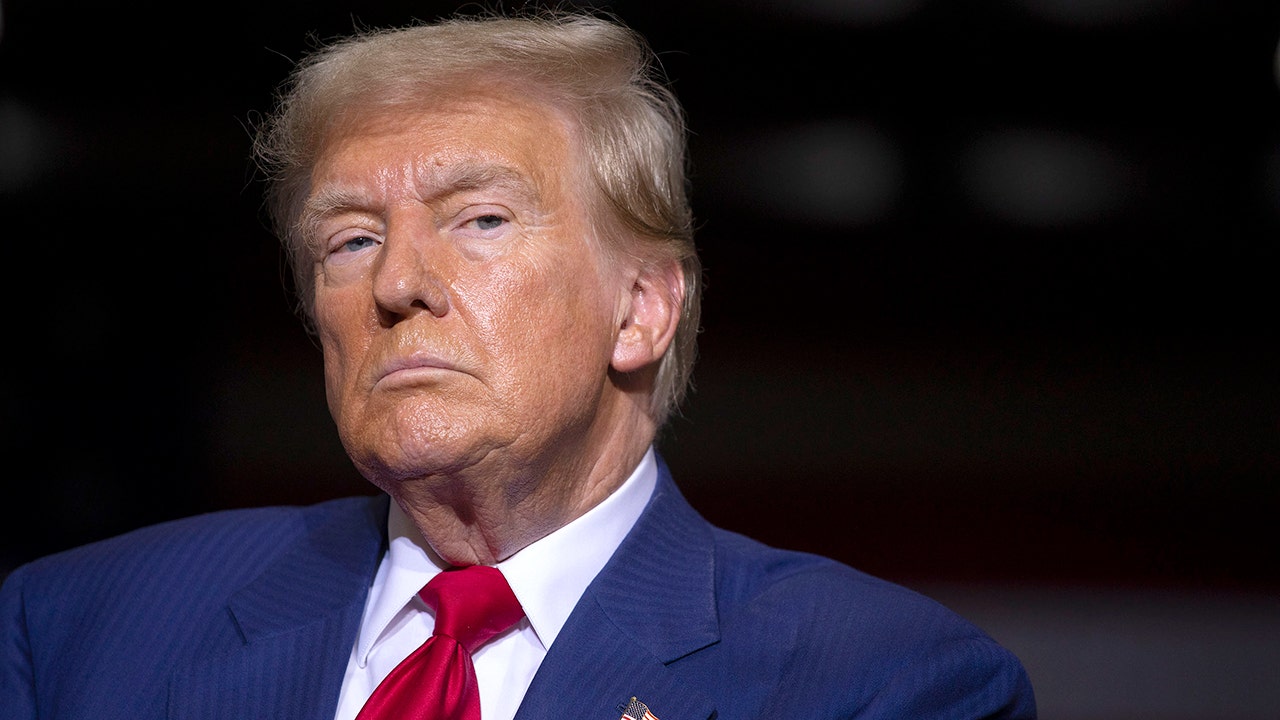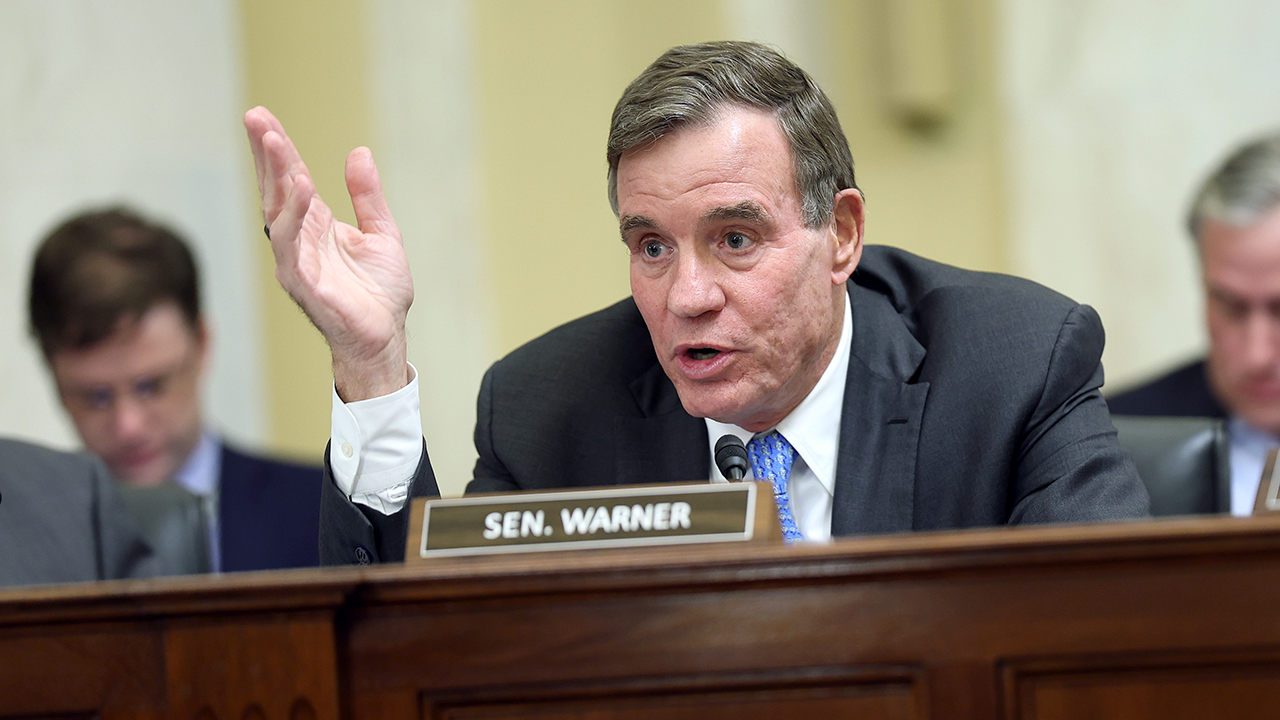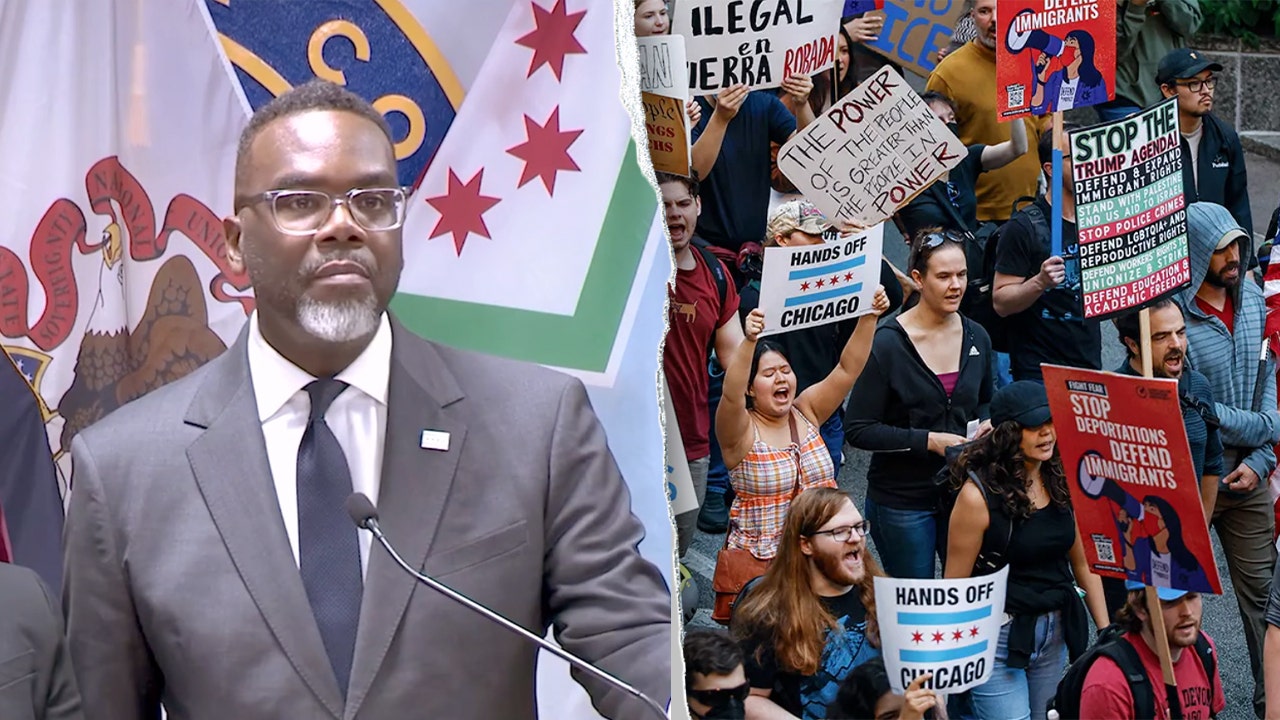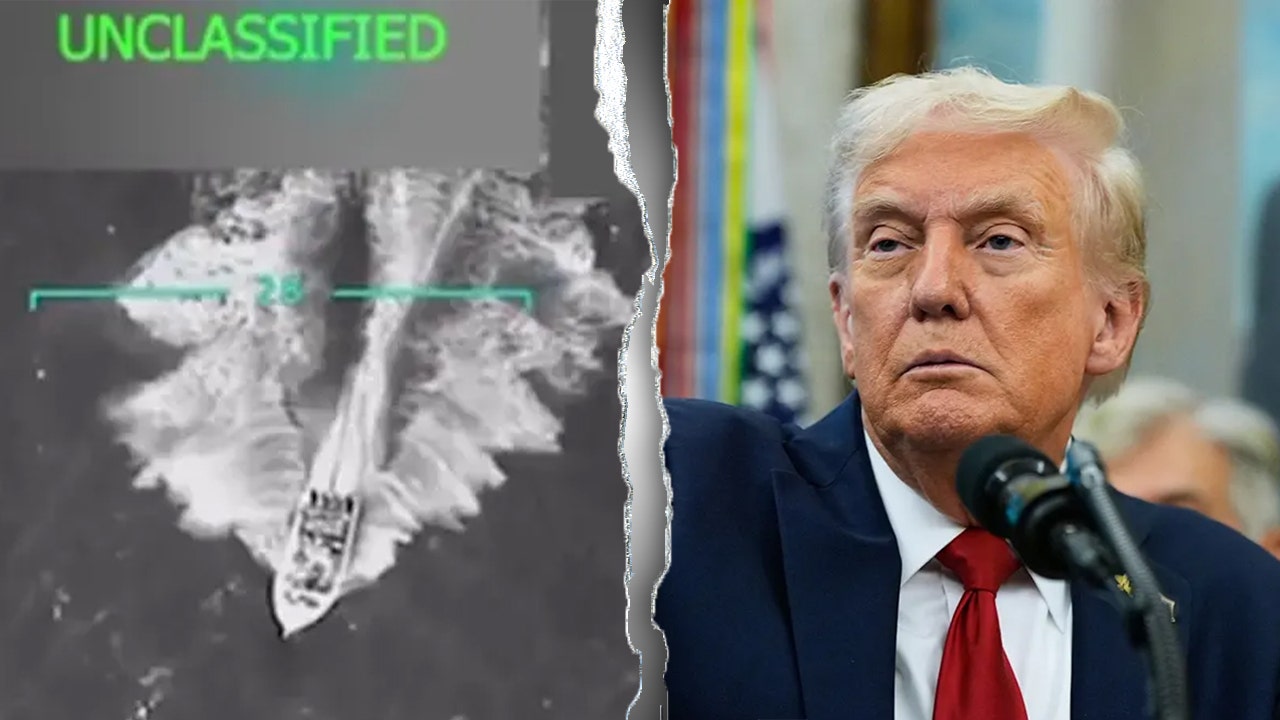Trump’s ‘blacklist’: President-elect describes the type of people he doesn’t want to hire

Days away from his upcoming Jan. 20 inauguration, President-elect Donald Trump took to Truth Social to announce that his incoming administration had already onboarded more than 1,000 individuals to work for the U.S. government. Trump emphasized the caliber of these new hires, describing them as outstanding and promising that their efforts would contribute to making America great again.
In a notable move, Trump made it clear that job candidates who have associations with individuals suffering from “Trump Derangement Syndrome” would not be considered. Specifically, he mentioned that those who have worked with or received endorsements from figures such as John Bolton, Nikki Haley, Mike Pence, Dick Cheney, Liz Cheney, Mitt Romney, Paul Ryan, General Mark Milley, James Mattis, and others should not be recommended for positions within the administration.
Former National Security Adviser John Bolton, former U.S. Ambassador to the United Nations Nikki Haley, and former Vice President Mike Pence were singled out by Trump as individuals whose connections should not be entertained in the hiring process. Both Haley and Pence had run for the GOP presidential nomination in the recent election cycle, with Haley endorsing Trump while Pence did not.
On the other hand, figures like Liz Cheney, who voted to impeach Trump following the Jan. 6 Capitol riot, and Paul Ryan, who refused to vote for Trump in the past election cycle, were also mentioned by Trump as undesirable connections for potential job candidates. Mitt Romney, who had voted to convict Trump in the Senate after the House impeachment, was also blacklisted by Trump for his anti-Trump stance.
In a separate development, John Bolton, a vocal critic of Trump, reiterated his opposition to the former president, stating that he did not believe Trump or his opponents were suitable for the presidency. Bolton’s stance further emphasized the divide within the Republican Party and the challenges facing the GOP in reconciling different factions.
As the transition period continued and the countdown to the inauguration day narrowed, Trump’s messaging on social media underscored the importance of personnel decisions in shaping the incoming administration’s direction. The exclusion of individuals with perceived anti-Trump affiliations signaled a commitment to maintaining loyalty and alignment within the government.
Overall, Trump’s statements on hiring practices and candidate qualifications reflected the ongoing dynamics within the Republican Party and the broader political landscape. With tensions running high and divisions deepening, the upcoming administration faced the task of balancing competing interests and ideologies while steering the country towards its vision of greatness.




